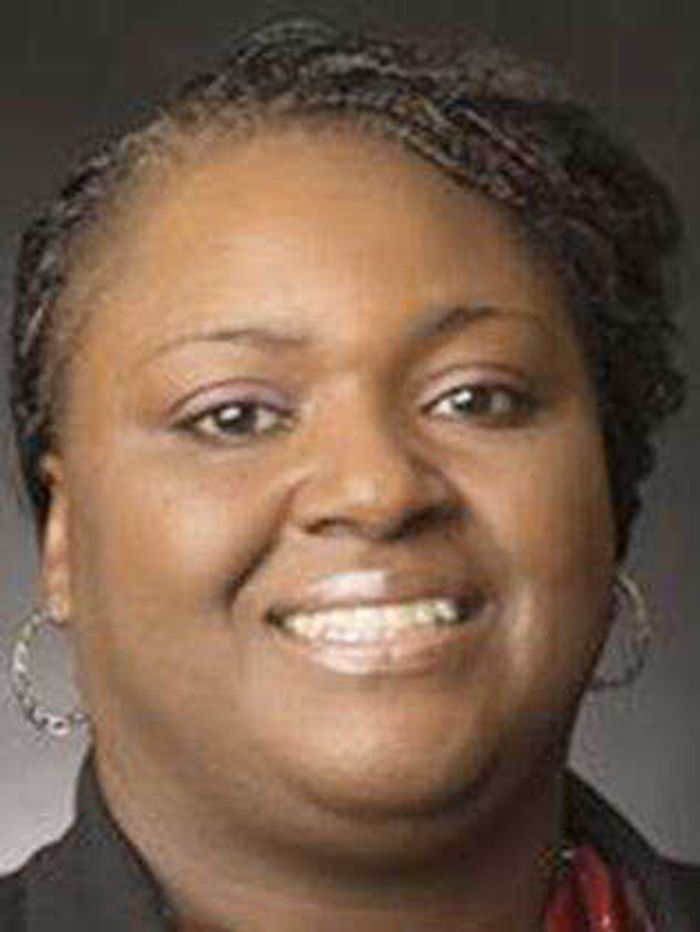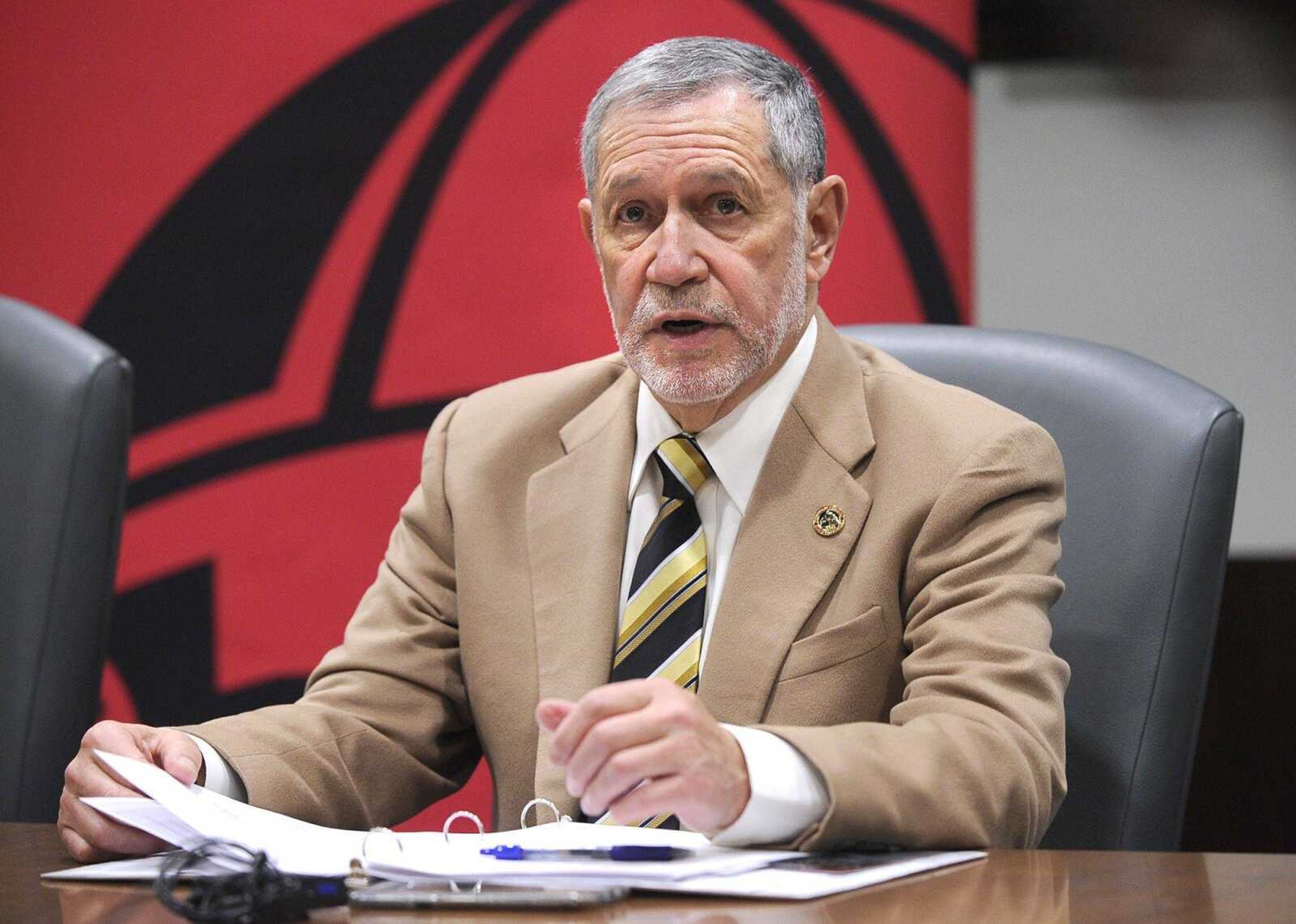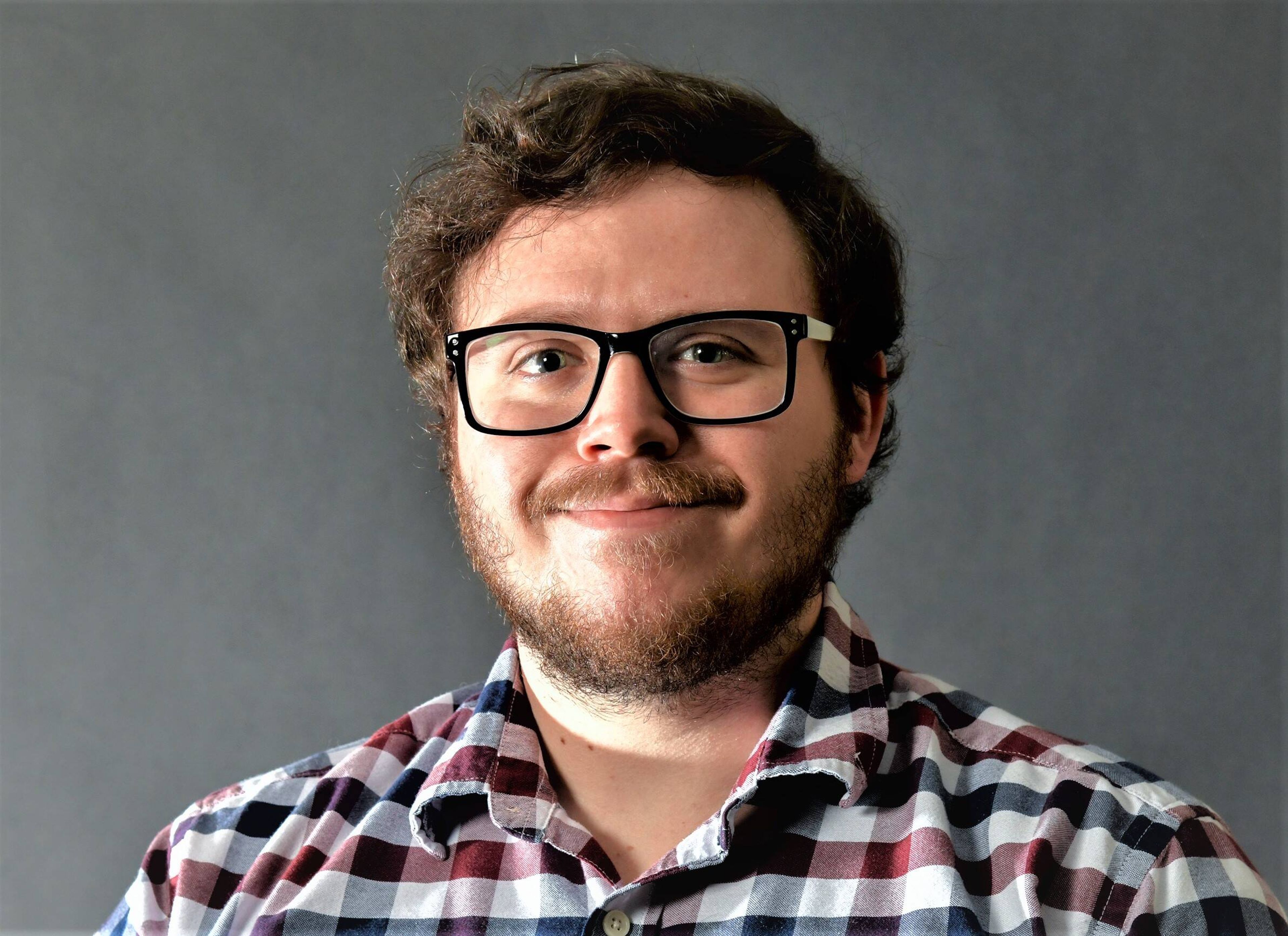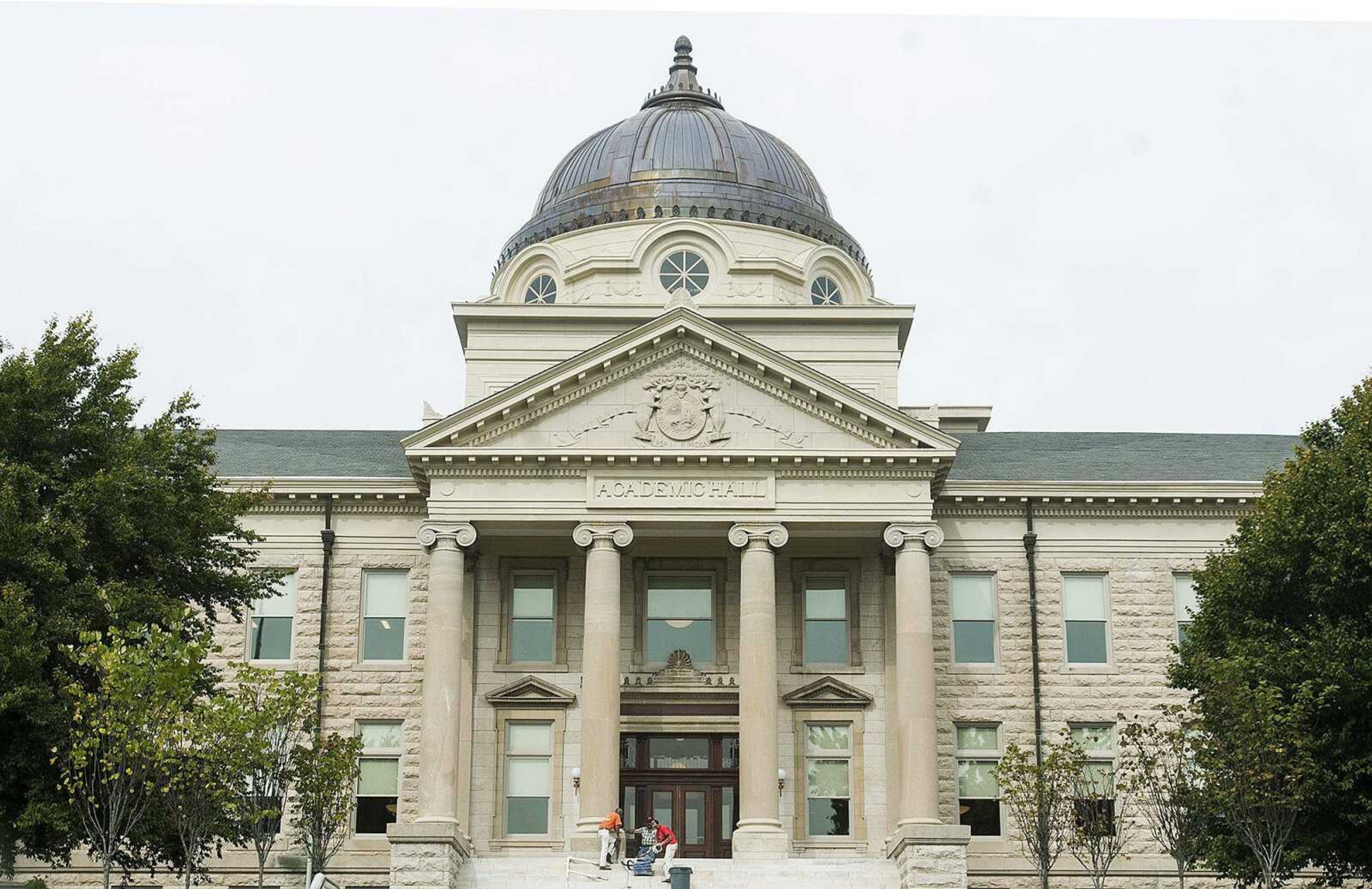Southeast students say school failing to address sex assault claims
Southeast Missouri State University has come under fire with some students accusing university administration on social media of dismissing and covering up sexual assault cases. Multiple female students at the university have come forward on the Facebook group "Living at Southeast" with stories they had been sexually assaulted by fellow students while attending the school...
Southeast Missouri State University has come under fire with some students accusing university administration on social media of dismissing and covering up sexual assault cases.
Multiple female students at the university have come forward on the Facebook group “Living at Southeast” with stories they had been sexually assaulted by fellow students while attending the school.
In one post, a female student said she reported a sexual assault by an unnamed member of the Redhawks football team to the dean of students’ staff, where she was allegedly told “kissing could count as consent to sex.” When her case eventually went to an on-campus trial conducted via Zoom, the victim was allegedly asked whether she believes her alleged assailant understood what the words “no” and “stop” meant. According to the post, when the perpetrator was asked whether he had consent, he answered he didn’t. According to the complainant, despite the alleged assailant’s response he was not punished.

In response to the post, multiple similar claims posted to the same Facebook page and a petition with more than 5,600 signatures, dean of students Sonia Rucker issued a statement Tuesday via email saying students’ safety and well-being is a priority, and some of the information being shared is inaccurate.
“Over the past several days there has been discussion on social media and an online petition about the University’s policies, procedures, and response to sexual assault complaints,” Rucker said. “As the Dean of Students and Title IX Coordinator for Southeast Missouri State University, I want to assure you the safety and well-being of our students is a top priority for everyone and that some of the information being shared online is not accurate or reflective of our processes.
“To be clear, any non-consensual sexual activity is prohibited and a violation of the University Code of Conduct.”
According to the Department of Public Safety, as of Dec. 15 there have been two reports of rape at Southeast in 2020, which is fewer than the previous three years. According to DPS data, there were eight rape reports in 2017, 11 in 2018 and seven in 2019.
Student reaction
Many students are speaking up about Rucker’s statement, believing it is dismissive of the students who are sharing their experiences online.
“The way I, and many others, understood the email, we felt as if the Dean was invalidating student experiences,” said Kelsy Carrington, a Southeast student who started the petition Rucker mentioned in her email to students. “I feel it undermines their experiences in saying what they experienced was simply a ‘claim’, and not what they live through and have to continue living with for the rest of their lives.”
Although Rucker said she can’t comment on specific cases, she is concerned about the allegations being made about how Southeast handles sexual misconduct complaints.
“In my position as the Title IX coordinator for Southeast, it is my role to ensure that every complaint is addressed and investigations that take place are conducted in a fair and equitable manner,” Rucker said. “We do this by following Title IX guidance from the U.S. Department of Education, industry best practices and adhering to other applicable federal laws such as the Federal Education Rights and Privacy Act (FERPA) in our processes and procedures. However, if even one student feels the process is not fair or does not understand it, that is a problem and is not acceptable.”
Rucker said one of the major challenges colleges and universities face is communicating the differences between a criminal investigation and a Title IX investigation.
“At Southeast, Title IX investigations determine whether a student has violated the University Code of Conduct, and sexual assault definitely does,” Rucker said. “Criminal investigations are handled by the university’s Department of Public Safety. DPS investigations are turned over to the county prosecutor where criminal charges would be made; and, if necessary, a trial or other disposition would occur.
“These are separate and different processes. A student can decide to go through one or both processes. While there are some similarities in both processes, there are distinct differences.”
University response
According to Rucker, Southeast has made great strides to combat sexual violence, but the administration has to do more.
“Throughout the last several years, the university has worked closely with students, faculty and staff to prevent and raise awareness of sexual misconduct, to promote bystander intervention, to respond expeditiously and comprehensively to sexual misconduct violations and to support victims of sexual violence,” Rucker said. “Additionally, the University has developed peer-to-peer education programs to empower students to know more about Title IX law, to teach bystander intervention techniques and to promote healthy behavior in relationships and on campus. All of this is done with a focus on preventing sexual misconduct.
“While we have done much work, the comments and allegations made this week, and the pain and feelings conveyed by students and other members of our community suggest we have a lot more work to do.”

Southeast president Carlos Vargas sent out an email Wednesday in response to students sharing their stories on social media, including Carrington’s petition.
“A petition to hold the University accountable has been signed by more than 4,000 persons,” Vargas said. “This further demonstrates that our community cares deeply and wants to see sexual violence end. We want the same thing.”
The petition, titled “Hold SEMO Accountable” on Change.org, states Southeast “would rather cover up the assaults than hold the accused accountable for their actions.” Vargas, however, said this is not the case.
“Let me be clear — sexual assault and related crimes and offenses are not and will not be covered up and tolerated at Southeast Missouri State University,” Vargas’ email states. “To those who have been victims of assaults I say, we hear you, we see you and we believe you.”
Going forward
Vargas said he plans to work with university leaders toward eliminating sexual assault at Southeast.
“According to data from the National Sexual Violence Resource Center, one in five women and one in 71 men is raped in their lifetime,” Vargas said. “All of us have a responsibility to not only know these facts, but to also participate in education and conversation with each other, and work to eliminate these violent acts. This includes me, and I will be working with our University’s leaders toward this goal.”
To start, Vargas said he will be meeting with Redhawks Rising, a student organization that advocates for student safety and helps provide resources for survivors of abuse; Southeast’s Students of Concern Team; and various offices and departments, including the Dean of Students and Office of Student Conduct, the Department of Public Safety, the Center for Behavioral Health and Accessibility and the Cape Girardeau County prosecuting attorney, to address the issue.
Vargas also said he plans to review all of Southeast’s training and materials on the topic of sexual assault prevention and education, and would like outside input on how the university can best assist its students.
“I encourage you to visit our website, semo.edu/itsonus, to review our sexual violence policies and prevention page and share your reactions with me,” Vargas said. “Please take the opportunity to learn about the resources available on campus and in the community, which can be found on the same page. Additional information can be found in the University’s Annual Security and Fire Safety Report.”
Faculty response
Southeast faculty are asking what they can do to help as well. According to an email sent to faculty members by Faculty Senate chairwoman Diane Wood concerning sexual assault, the first thing members of the faculty can do is be informed of university policy and procedures, as well as those within law enforcement.
“This is critical if ever you, as a faculty member, are approached by a student who has experienced such a horrific life event,” Wood said. “Helping them to be connected to those who can best assist them in deciding what they wish to do (e.g., file a complaint, seek counseling, or to just simply listen and provide emotional support) is important. I think it is also important to keep in mind that this has happened to them, not to us.
“Additionally, there are a lot of legal issues at play the moment a complaint is filed. Stepping into an area in which we do not fully understand can potentially cause more harm than good to that person. I am concerned that we might become a contributing factor to the already difficult process of pursuing a formal complaint.”
Vargas said he doesn’t condone sexual assault or any of the actions that have been discussed online.
“I hope you know me well enough to know that I do not condone any of the actions that are the subject of this communication,” Vargas’ email states. “My heart pains for any person who is the victim of sexual violence. I assure you that I will redouble my efforts to eradicate these situations/despicable actions from our institutions.
“I understand it is our responsibility to provide a healthy and safe environment, and we will continue to work hard to do so.”
Connect with the Southeast Missourian Newsroom:
For corrections to this story or other insights for the editor, click here. To submit a letter to the editor, click here. To learn about the Southeast Missourian’s AI Policy, click here.









